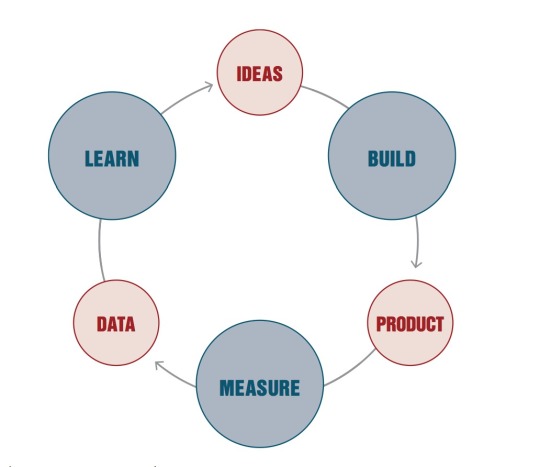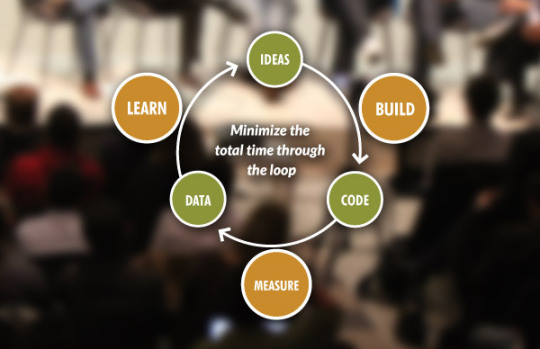how to make the most of the startup that is your life
18 Aug 2016over the past year or two, two books i’ve read have had a huge impact on how i’m running my life. the first is the lean startup by eric ries and the defining decade: why your twenties matter and how to make the most of them now by meg jay.
what i’ve been doing is taking the build-measure-learn model from ries and using it in meg jay’s philosophy.
in the defining decade, jay discusses how most people are crippled by the inability to decide “what they want to do with their life.” this leads to them just doing whatever comes along (drifting) or, worse, actually making decisions that are counter to their well-being.
to make matters worse, many people in my generation are taught (falsely) to believe that they can do anything. her antidote is basically a reality check. no one is actually able to do anything (and definitely not everything). in fact, if each of us took an honest look at our skillsets and our experiences, there are probably only 5-6 areas in which we could meaningfully work in a way that provides enough resources to live while also aligning with an interest or natural ability.
this could be seen as limiting, but it’s actually quite freeing because it means you have somewhere to start.
so then the problem becomes how to figure out what to do from your list of realistic pathways. that’s where the build-measure-learn loop comes in.

ries believes that successful startups in the long run aren’t the ones that execute brilliant ideas. he sees that success is determined by the ability to learn and implement lessons from that learning faster than anyone else in your space. that’s a bit of an oversimplification, but that definitely resonates with me.
the trick, then, to figuring out what to do with your life is to set up as many ways as possible to learn. this thinking can apply to every area of life. work, love, family, place to live, etc.
part 2 coming soon: how iterating through the build-measure-learn loop helps you make more progress faster over time…
ps - i think ries pivoted away from the original build-measure-learn loop (above) to the one below. the original one is more relevant to this context.
